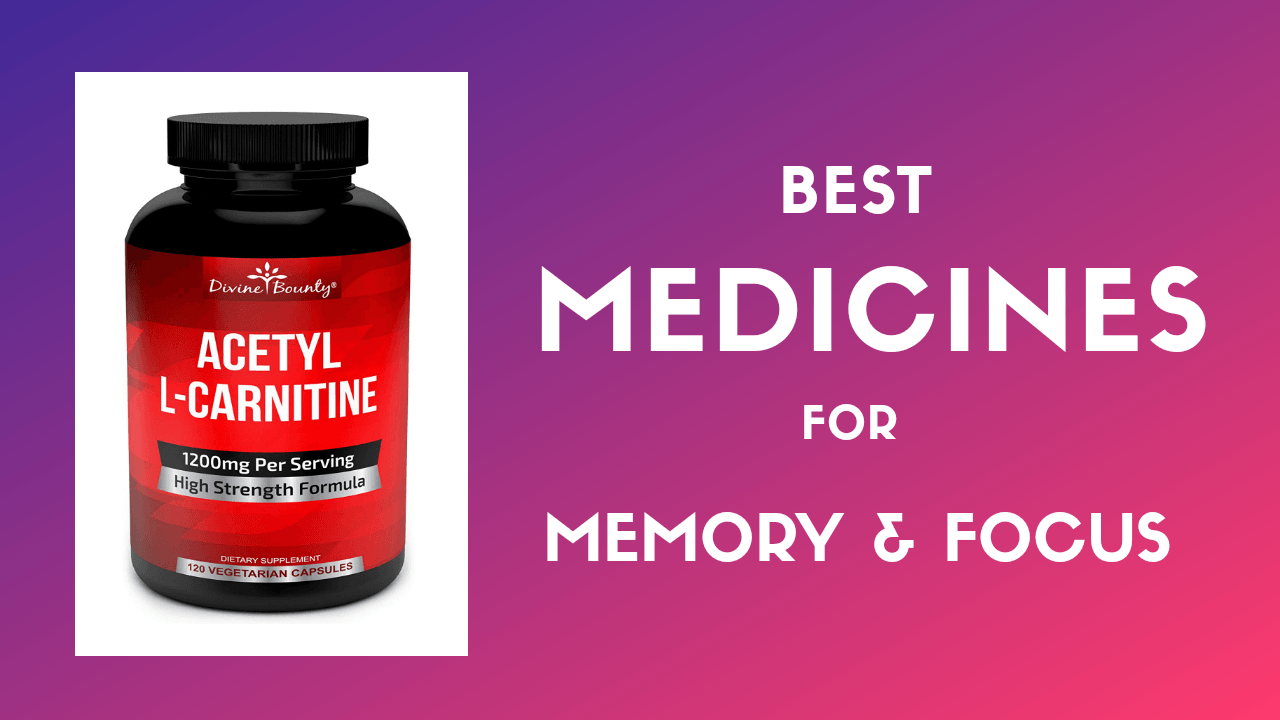
The authors noted that fatty fish consumption may benefit cognitive function due to its docosahexaenoic acid (DHA) content, but said this is not conclusive. The GCBH report concluded that overall, there is insufficient evidence to recommend taking omega-3 supplements derived from fish oil for brain health. Therefore, groups of people at risk of nutrient deficiencies may benefit from taking a supplement. Additionally, people eating restricted diets, such as vegans, may become deficient in vitamin B12, affecting memory and thinking skills. The GCBH report notes that some people may become deficient in vitamins as they age due to absorption and dental issues, which may affect their brain health. However, the authors note that evidence suggests a Mediterranean or Scandinavian diet may help prevent cognitive decline. Nevertheless, the authors noted that antioxidant vitamins might have positive effects and deserve further research.Īdditionally, the 2020 report of the Lancet Commission did not recommend taking additional vitamins, oils, or mixed dietary supplements as a means of preventing dementia because extensive trials did not demonstrate beneficial effects. The researchers concluded that supplementation had little meaningful impact on healthy adults, but said that the evidence doesn’t permit definitive conclusions. However, the research is currently conflicting and inconclusive.įor example, a 2018 Cochrane review evaluated the cognitive effects on people aged 40 and up of taking vitamin and mineral supplements for at least three months. Some people believe that taking vitamin and mineral supplements supports brain health and function, for example, B vitamins, vitamin E, and antioxidants.

The authors comment that some studies have found that these compounds may improve blood flow to the brain, attention, and processing speeds, but several studies are industry-funded, which could cause bias.Īdditionally, the GCBH advises that although caffeine may provide some short-term benefits in mental alertness and focus, caffeine supplements in the form of energy drinks and pills may carry health risks. The report concluded that currently, there is not enough evidence to recommend taking cocoa, flavanols, or resveratrol for brain health. Flavonoids, cocoa, and caffeineĪ 2019 report by the Global Council on Brain Health (GCBH) evaluated supplements for brain health. Some researchers have studied the effectiveness of this extract in dementia.Ī 2014 systematic review and meta-analysis and a 2019 review both concluded that while there seem to be positive effects in dementia related to the extract, the limitations in studies mean that scientists are unable to draw firm conclusions about its clinical effectiveness, particularly in different types of dementia. Manufacturers sell supplements containing an extract of Ginkgo biloba called EGb 761. The active compounds in Ginkgo biloba that can improve blood circulation are antioxidant and neuroprotective. Traditional cultures and practitioners have used Ginkgo biloba leaves in herbal medicine for centuries. The following is a list of supplements that researchers have looked at for supporting memory and brain function and what the evidence says: Gingko biloba People can look for these seals to help them choose a product but should note that they do not constitute a federal endorsement. The Office of Dietary Supplements notes that several independent organizations offer quality testing and allow seals to appear on products that pass standards. Additionally, the evidence did not support some of the claims the products made regarding efficacy and safety. Of 12 products that the researchers selected, the majority had either additional ingredients that the manufacturer didn’t list or listed ingredients that the researchers couldn’t detect by analysis. The FDA noted that these products may be ineffective, unsafe, and could prevent a person from seeking an appropriate diagnosis and treatment.Ī 2020 study identified 650 dietary supplements that manufacturers marketed for brain health and cognitive performance. In 2018 the FDA issued warning letters to companies illegally selling more than 58 products and dietary supplements which claimed to prevent, treat or cure Alzheimer’s disease and several other serious diseases and health conditions. The FDA forbids manufacturers to claim that any such product prevents, treats, or cures diseases or health conditions.

Therefore, it is difficult for consumers to know if a supplement works, if it is of sufficient quality, and if it is safe to take. However, unlike prescription drugs, the FDA does not evaluate supplements. The United States Food and Drug Administration (FDA) evaluates the safety and efficacy of medications that doctors prescribe for memory problems.


 0 kommentar(er)
0 kommentar(er)
